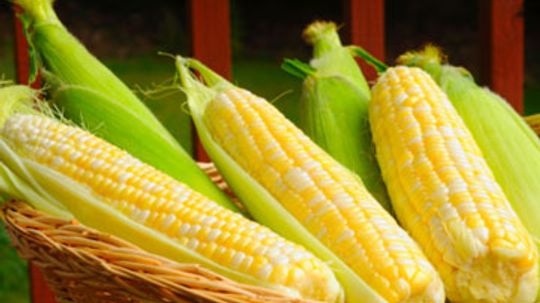Biofuels
With rising gas prices and environmental concerns, biofuels may help you not only save money, but also drive a little greener. Discover the buzz about biofuels in these articles.
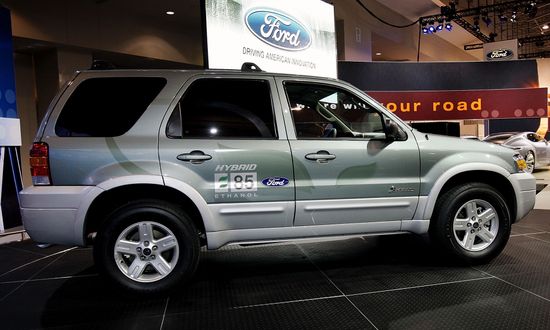
Is Ethanol Bad for Your Car?
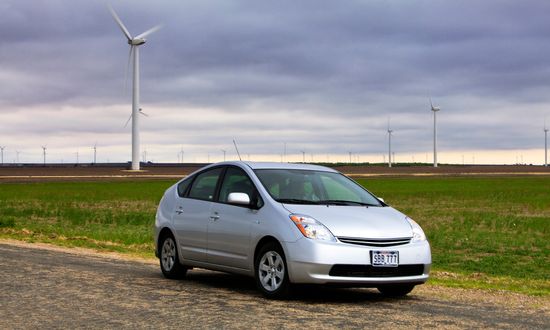
How Carbon-neutral E-fuels Work
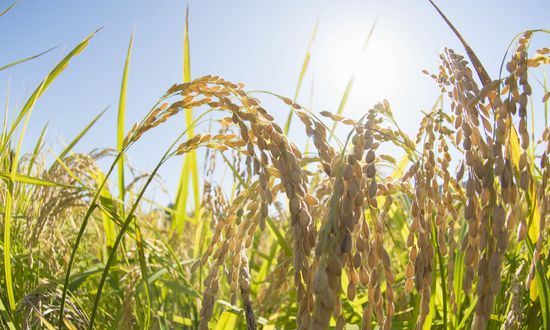
How Plant-microbial Fuel Cells Work
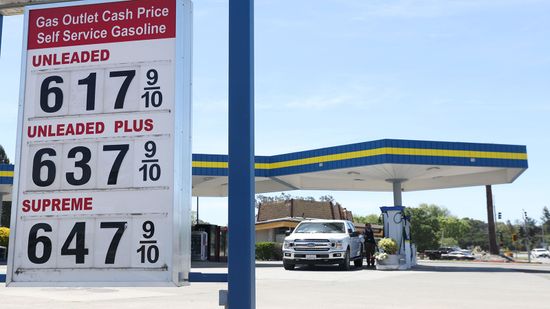
Why Is Gas So Expensive at Certain Times of Year?
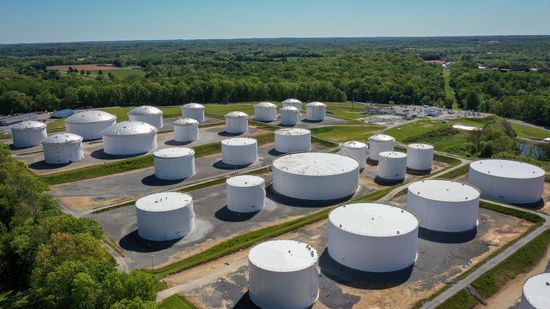
Summer-grade Versus Winter-grade Fuel
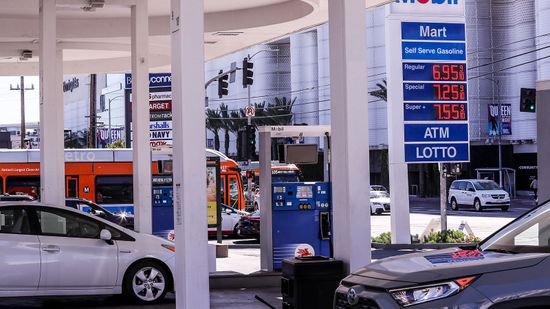
What's the Most Americans Have Ever Paid for Gas?
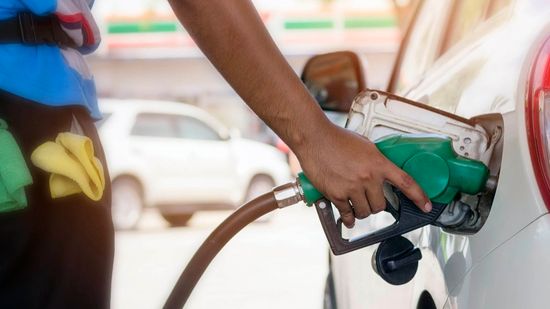
Is It Bad to Drive Without a Gas Cap?

Running on Empty? How Bad Is It for Your Car?

Do fuel additives really do anything?
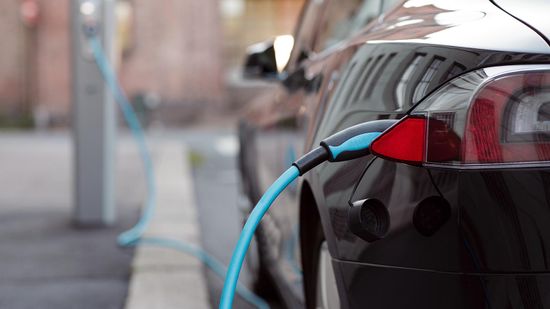
5 Outdated Myths About Buying and Owning Electric Cars

Rivian Aims to Change the EV Industry One Pickup at a Time

Why You Want Your Kid's School Bus to Be Electric

Love It or Hate It: Stop-start Technology Is Here to Stay

Flexible Fuel Technology: Flex Engines
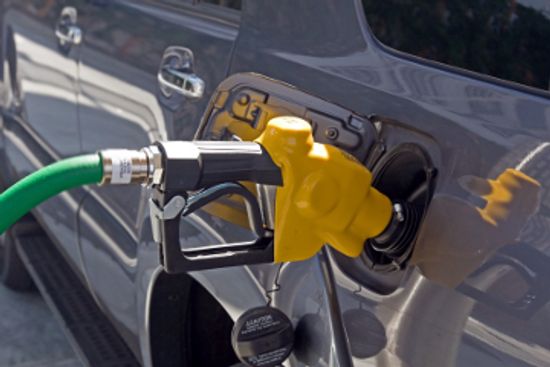
How Flex-Fuel Vehicles Work

Why would someone want to steal the hybrid badge from my car?

Top 10 Alternative Fuels on the Road Right Now
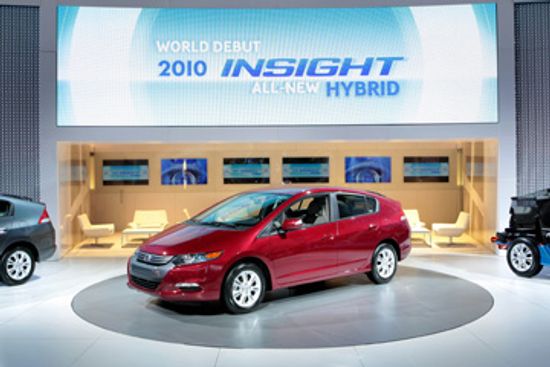
Do hybrid cars get power through kinetics?
Learn More / Page 2
Biofuels -- or fuels made from plants like wheat, corn, soybean and sugarcane -- burn clean, release fewer pollutants and greenhouse gases, and are sustainable. Could these "energy crops" really be the end to our addiction to fossil fuels like oil?
Since many popular biofuel crops are also commonly used as staple foods, critics of biofuel mass production warn that a spike in crop demand for biofuel could overload agricultural capacity. But is this a verifiable threat?

